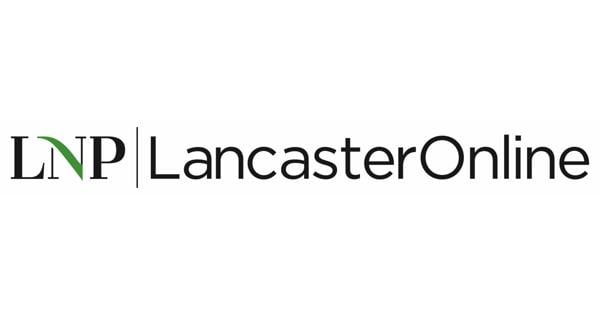
School property tax season is upon us. There is no doubt that your grades are even higher than last year. It’s a good bet every year. While you’re steaming about it, think about the big picture. Very few things seem to work in the way we educate our children.
There is the problem of school choice, or lack thereof. A parent is confined to her one school determined by address. Sure, if you want to pay that in addition to paying taxes, you can choose another one. No wonder there are outbursts of anger when schools stop responding to parents’ desires. Many parents are effectively trapped in a bad or deteriorating situation.
Pennsylvania increased school district spending per student to $19,900 from 2020 to 2021, according to the Commonwealth Foundation. Charter schools spend much less per student. Costs have risen rapidly over the years, and property taxes are higher than ever.
The “solution” to any problem always seems to be to put more taxpayer money into it and add complexity with more laws and programs (see Pennsylvania House Bill 2169) . The new law is believed to solve problems created by the previous set of laws. However, school performance never improved. And despite all the funding, many schools complain of being “unreasonably” underfunded, no matter what “formula” politicians have devised.
The fundamental problem with public schools is that they constitute monopolies. This is the worst kind of monopoly: a government monopoly. No matter how bad a school is, it will never be closed.
The solution is clear. First, stop doing things that don’t work. end the monopoly. We want simplicity, not complexity. Keep governments and politicians out of the education business. Stop using government power and let people run their own lives.
Put your parents in the driver’s seat. All schools will be “private” schools. Schools compete to provide the best possible education at the lowest price. Their “funds” are undoubtedly “fair” as they earn the tuition fees that parents pay in voluntarily choosing schools for their children.
The school listens to the wishes of parents. The needs of a variety of students will be better served by vocational schools rather than by monolithic monopolies. “Bad” schools quietly go out of business or are bought out by new management.
That’s the easy and obvious part. It should come as no surprise that free market economic systems work best. It doesn’t require coercion. Until free, fair and open market competition is shown to us, there is absolutely no way of knowing how much it will cost to educate our children or how well it will be done.
This brings us to an entirely different question: whether taxpayers should be compelled to subsidize the education of other people’s children. Perhaps the answer to this question is somewhat unclear.
There is a strong and fundamental argument: “No!” After all, having children is a parent’s choice. Parents are responsible for them. Parents pay for their children’s food, clothing, shelter, medical expenses, entertainment expenses, and all other expenses. Why should education be different? A pure free-market solution like this would result in the highest possible educational efficiency.
Parents who are struggling to adequately provide for their children turn to charities and support programs for help.
There are at least two possible approaches for parents to receive subsidies. The easiest is to mail the check. This is the amount per child. Some parents may decide to spend more on education than subsidies. Some may decide to spend less (or homeschool) and pocket the leftovers. This must be allowed to maintain the economic pressure of competition to bring down costs.
Depositing grant money into a tax-exempt education savings account is more complicated, and parents may also contribute to this account. These funds can only be used to pay for education, including college, and are tied to each child. The remaining amount is rolled forward and can be used in the future. For example, when you turn 35, your education savings account is closed and the remaining funds are paid to young adults as taxable income.
But be very careful. There is no way to defeat the laws of economics. Any amount of subsidies will certainly push prices higher. If subsidies are offered, they must end after his 18th birthday and be funded by extensive excise taxes on goods and services (food, clothing and tuition are exempt). School property taxes should be completely abolished.
A very generous subsidy would be the median amount parents actually spent per child in the previous year. A smaller portion of the median may be considered. Also Subsidies could be phased out over the years to achieve a purely free market education system.
Article III, Section 14 of the Pennsylvania Constitution states, “The General Assembly shall provide for the maintenance and support of a thorough and efficient public education system to meet the needs of the Union.”
There is no way to meet that requirement with the current system.
Roy Minet is a retired physicist and information technology professional living in Mount Joy. He was named Comptroller General of Pennsylvania in his 2016 by the Libertarian Party.
